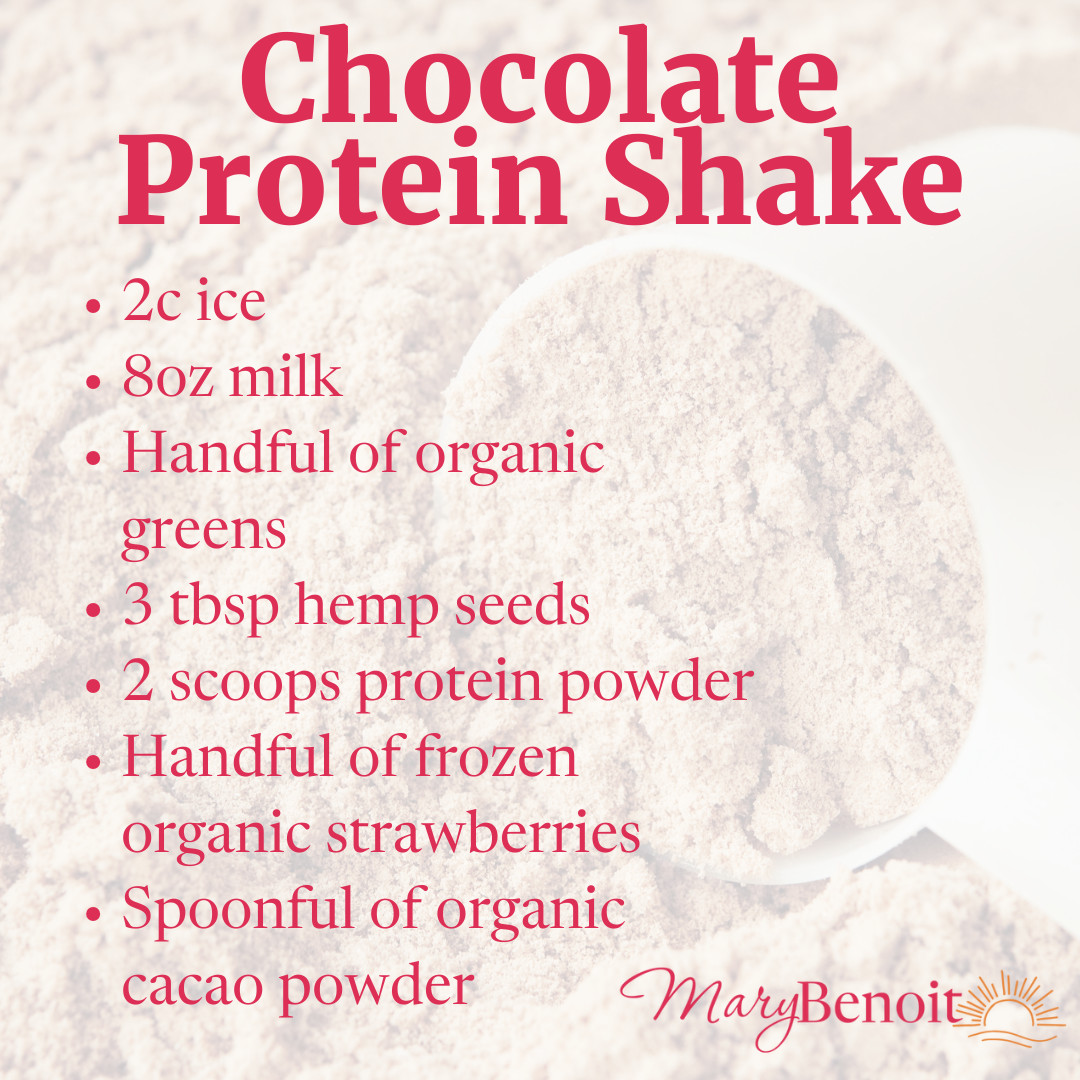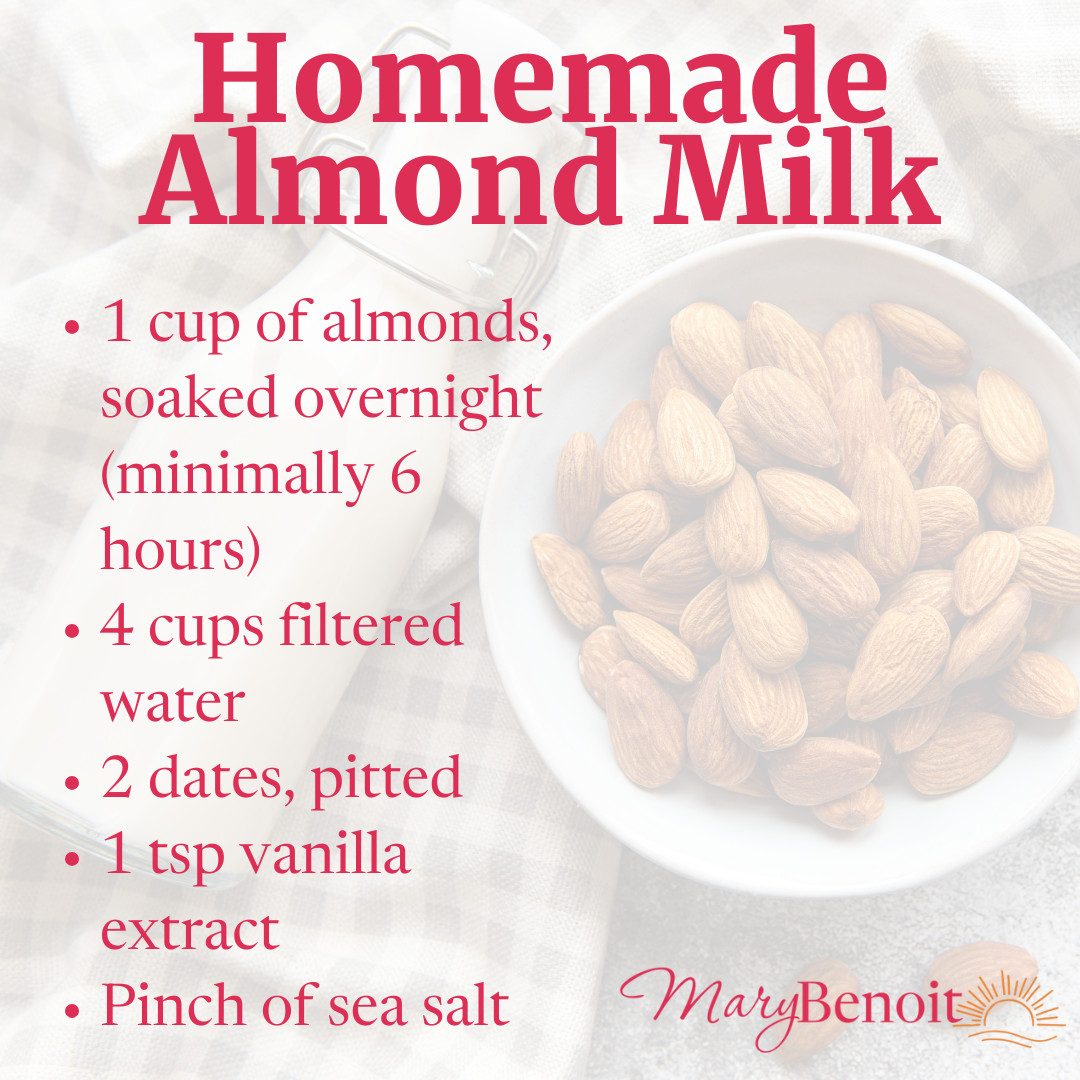So, we know skin health and gut health are closely related. Can we then make the connection that what we eat and the supplements we take can impact our skin health? Yes, absolutely!
Probiotics are huge. They’re not for everyone, especially those that are immunocompromised, like those with cancer. Anyone with SIBO (small intestinal bacterial overgrowth) is better off without a probiotic as well. Other than that, being on a probiotic is a good idea for most people.
Why is that? Because probiotics feed the good bacteria in your gut. You have good bacteria and bad bacteria in your gut. This is normal, and it’s true for everyone.
The issue that comes in is when the bad outweighs the good. The Standard American Diet (yes, that’s a thing, and it’s ironic that it spells out the word ‘sad’) is notorious for feeding the bad bacteria. It’s filled with highly processed foods, large amounts of refined sugar & way too much salt.
This is why probiotics (and prebiotics – what the probiotics feed on) are so important. This is what nourishes your gut health, which we know impacts your skin health.
So, the next question might be where can you find a probiotic, or which one you should buy? This varies for everyone. Generally speaking, high quality probiotics usually require refrigeration. And some probiotics even contain prebiotics as well! (Remember? The stuff that feeds the probiotic.)
As far as where to purchase - you can find them online or at your local health food store. I usually don't advise getting supplements from Amazon or any "major" grocery store. My favorite brands are Young Living and Nature's Sunshine.
*Update: I started taking Seed in June 2023, and I love it. Probiotics, prebiotics, and it actually doesn't need refrigeration!*
You’ll know if a probiotic is working for you because usually, if you’re paying attention to your body and you have an idea of what ‘wellness’ feels like for you, you will be able to feel a difference. You may also see a difference in your skin.
Being on a probiotic also helps with regular bowel movements, so that’s also a sign it’s working.
If for some reason the particular probiotic you have chosen upsets your stomach, I’d stop taking it and try a different one.
Keep in mind when trying a new supplement (not just a probiotic), a good rule of thumb is to give it 3 months until you decide it’s “not doing anything.” It can take a bit for your body to catch up, and it takes 3 months for a cell to change.
Like any supplement, it’s important to be consistent. I take my probiotic at night, but if you remember better in the morning, that’s fine too. Find what works with you and stick with that!
If this was helpful for you, join my Facebook group where you can find more wellness tips – free of charge. <3















0 Comments